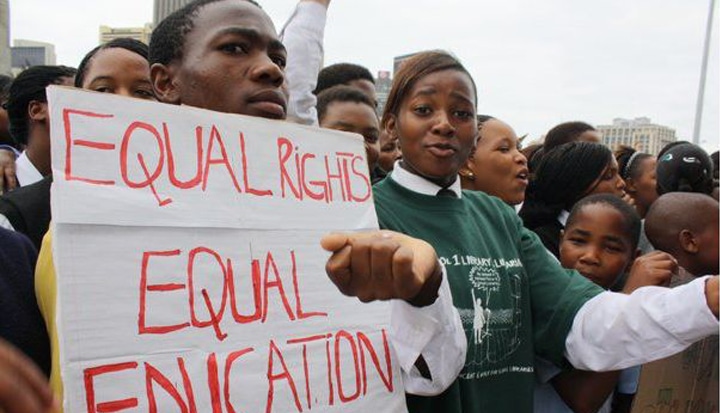The Role of Education in Reducing Social Injustice in Africa

The Role of Education in Reducing Social Injustice in Africa
Education remains one of the most powerful tools for addressing social injustice in Africa, as it provides individuals with the knowledge, skills, and confidence to challenge inequality and create opportunities for themselves and their communities. Across the continent, social injustices often manifest in the form of poverty, gender discrimination, ethnic marginalisation, and unequal access to resources. Education helps to break these cycles by equipping people with the means to overcome systemic barriers.
One of the most direct ways education reduces social injustice is through empowerment. When children from disadvantaged backgrounds gain access to quality education, they are better positioned to rise above poverty, resist exploitation, and participate meaningfully in society. Education not only builds literacy and numeracy skills but also develops critical thinking, which enables individuals to question unfair practices and demand accountability from leaders. For women and girls in particular, access to education creates opportunities to participate in decision-making processes, secure decent employment, and delay harmful practices such as child marriage, thereby challenging gender-based inequalities.
Education also promotes social cohesion by fostering tolerance, respect for diversity, and civic responsibility. In many African societies, ethnic and religious divides have been manipulated to fuel conflict and discrimination. However, schools that teach inclusive values help nurture a sense of common identity and shared destiny. This reduces prejudice and equips future generations with the mindset to work together toward sustainable development.
Furthermore, education serves as a pathway to economic justice. By providing technical and vocational skills, it prepares young people to participate in the modern economy and reduces the high levels of unemployment that often leave them vulnerable to crime, exploitation, or political manipulation. An educated population contributes to innovation, entrepreneurship, and productivity, which in turn broadens access to resources and narrows the gap between the privileged and the marginalised.
At the same time, education enhances political awareness. Citizens who are informed about their rights are less likely to be silenced by oppressive systems. They are more inclined to demand fair policies, resist corruption, and insist on transparent governance. In this way, education nurtures a culture of justice where the voices of all groups, including minorities, are recognised and respected.
The struggle against social injustice in Africa is complex and requires multifaceted approaches, but education remains the foundation upon which progress rests. By expanding access to quality learning, especially in rural and marginalised communities, African nations can empower their citizens to overcome inequality, foster unity, and build societies where justice and fairness are not privileges for a few, but rights enjoyed by all






